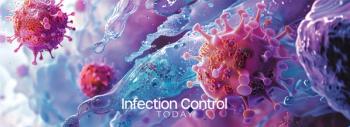
Ebola Virus Disease in West Africa: 69 New Cases, 52 Deaths
Between August 7 and 9, 2014, a total of 69 new cases of Ebola virus disease (laboratory-confirmed, probable, and suspect cases) as well as 52 deaths were reported from Guinea, Liberia, Nigeria, and Sierra Leone.
The recent treatment with an experimental medicine of two healthcare workers who were infected with EVD has raised important questions about whether medicines or treatments that have never been tested or shown to be safe in humans should be used in this outbreak. Currently, quantities of the medicine are limited, which also raises questions about who should receive the treatment.
On Aug. 11, 2014, the World Health Organization (WHO)
Two issues were considered:
1. Is it ethical to use unregistered interventions with unknown adverse effects for possible treatment or prophylaxis? If it is, what criteria and conditions need to be satisfied before they can be used?
2. If it is ethical to use these unregistered interventions in the current circumstances, then what criteria should guide the choice of an intervention and who should receive priority for treatment or prevention?
Disease update: New cases and deaths attributable to EVD continue to be reported by the Ministries of Health in Guinea, Liberia, Nigeria, and Sierra Leone. Between August 7 and 9, 2014, 69 new cases (laboratory-confirmed, probable, and suspect cases) of EVD and 52 deaths were reported from the four countries as follows: Guinea, 11 new cases and 6 deaths; Liberia, 45 new cases and 29 deaths; Nigeria, 0 new cases and 0 deaths; and Sierra Leone, 13 new cases and 17 deaths.
Source: WHO
Newsletter
Stay prepared and protected with Infection Control Today's newsletter, delivering essential updates, best practices, and expert insights for infection preventionists.



